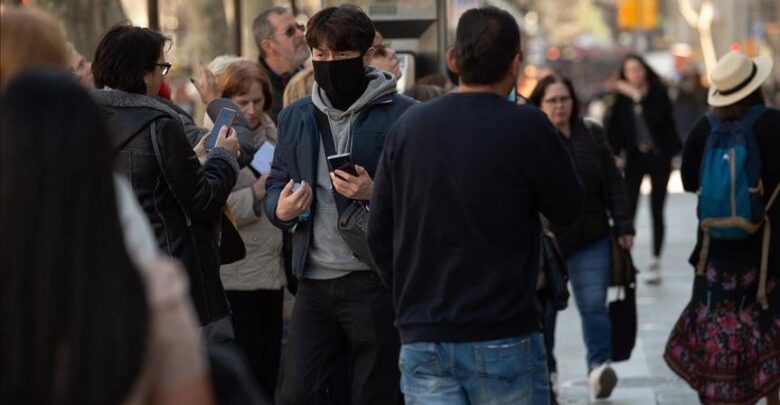
The World Health Organization’s (WHO) special COVID-19 envoy warned that Europe might see a third wave of the deadly COVID-19 pandemic in early 2021 if governments fail to take the necessary steps needed to prevent the second wave of infections before a vaccine is introduced, reported Reuters.
“They missed building up the necessary infrastructure during the summer months after they brought the first wave under the control,” the WHO’s David Nabarro told the Solothurner Zeitung. “Now we have the second wave. If they don’t build the necessary infrastructure, we’ll have a third wave early next year.”
Europe reported declining coronavirus infection rates, but the numbers started surging again recently. On Saturday, Germany and France cases increased by 33,000 combined. Switzerland is also reporting thousands of cases daily, while Turkey reported a record 5,532 new infections.
Nabarro pointed out Switzerland’s move to allow skiing, with masks required in gondolas, while other Alpine nations like Austria continue to shutter resorts. The WHO envoy said Switzerland could reach a “very high level of sicknesses and deaths”.
“Once the infection rates sink, and they will sink, then we can be as free as we want,” he said. “But right now? Should ski resorts open? Under what conditions?”
Nabarro said Europe needs to look at the way Asian countries have handled the pandemic by taking necessary steps to curb the spread of the virus.
“One has to react quickly to the virus, robustly and decisively,” he said.
The WHO envoy said the case numbers are relatively low in Asia as people are fully engaged, and keep their distance, wear masks, isolate when they’re sick, wash hands and surfaces.
Nabarro said unlike European countries, Asia did not relax restrictions prematurely.
In related news, last week, a World Health Organization panel said Gilead’s Remdesivir drug is not recommended for patients hospitalized with Covid-19 as there is no evidence it improves survival or reduces the need for ventilation.






